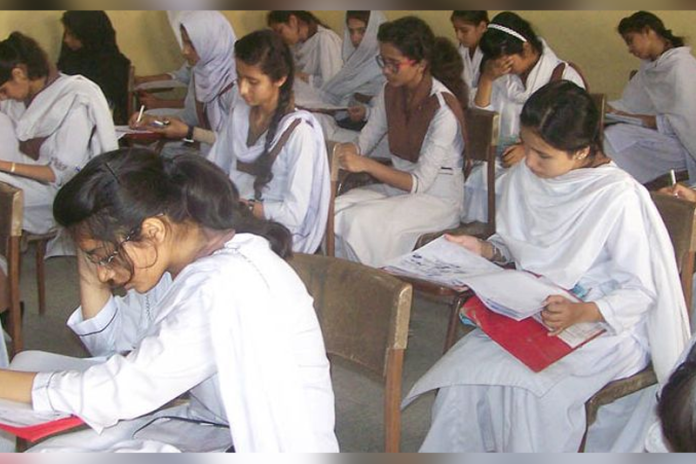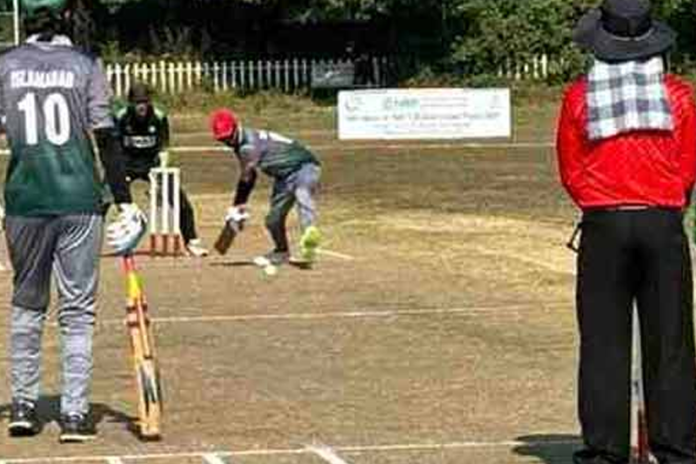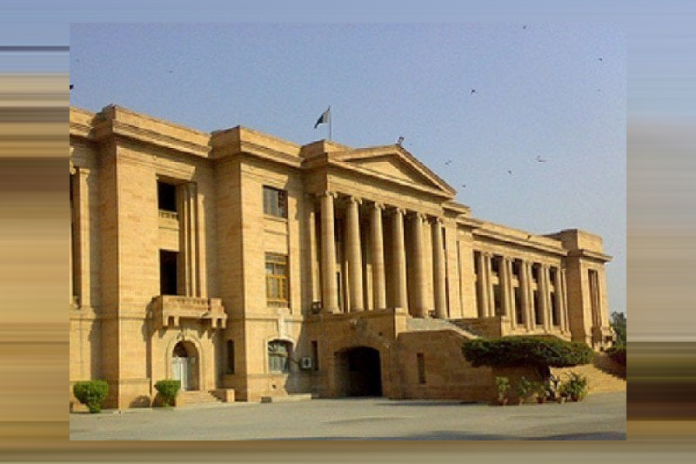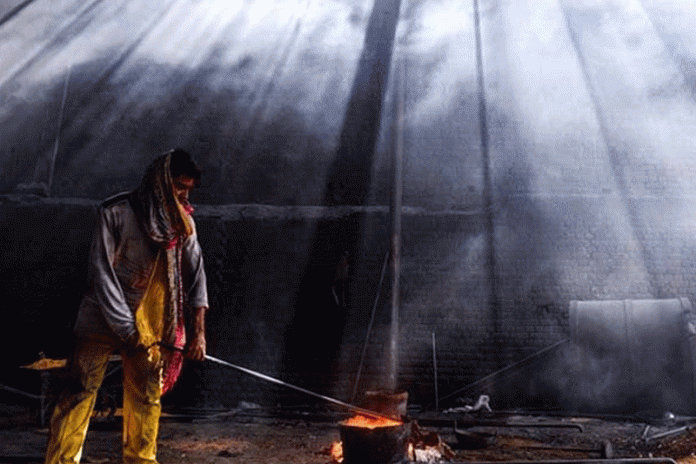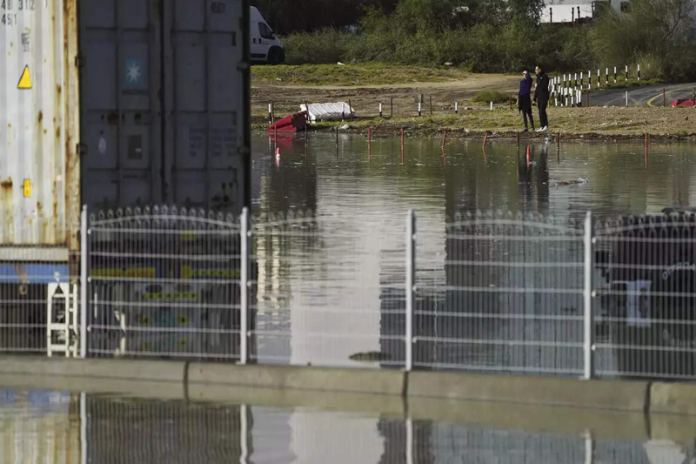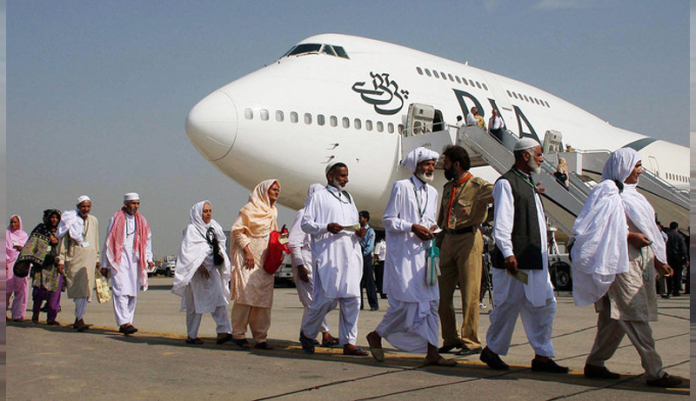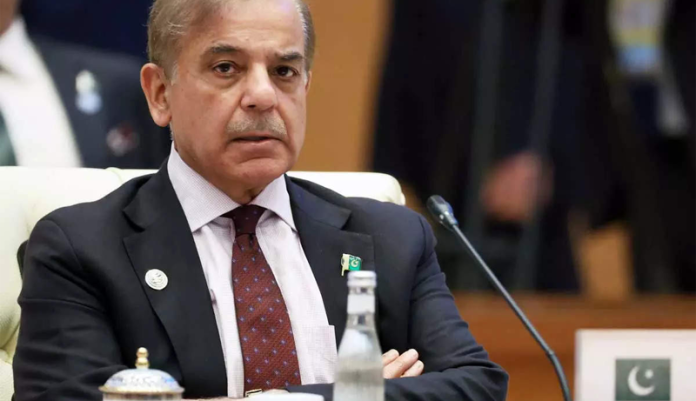A crisis of another kind
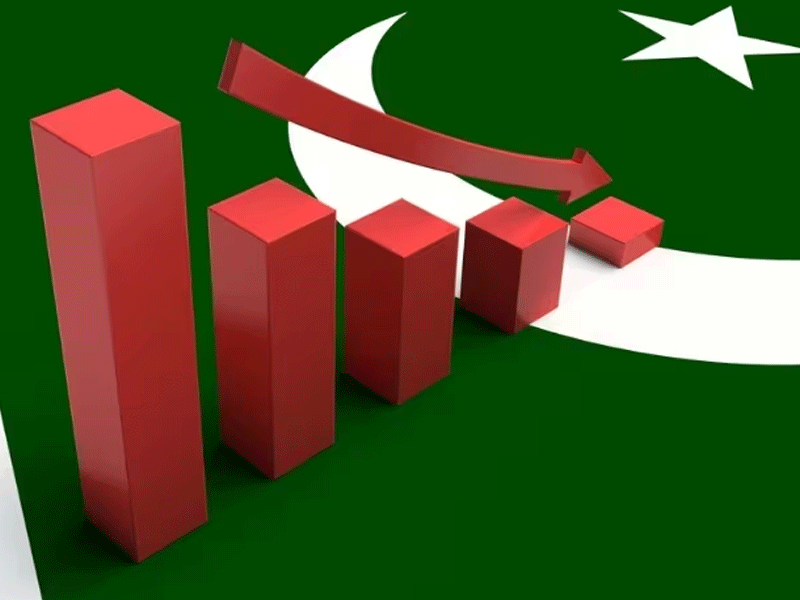
- 125
- 0
As the world resources are on the decline, Pakistan is also faced with the dilemma. However, in the case of Pakistan, it’s water which is taking the central stage as water is an existential threat to our country, which is facing a huge crisis of fifty per cent shortage of water which is unprecedented in nature.
In fact, we are faced with strange dilemma since 2-010. Either there are floods or too little rains to meet our requirements, due to which we either face droughts or floods.
Among the most serious crises that Pakistan is currently facing, after the challenges and threats to national security, the most important one is the water problem. Historically, water shortages and shortages started when the dispute over the ownership of the rivers coming from India arose after partition, but the incompetence of our leadership only confused the problem rather than solving it. And today the situation is that 70 years ago, the amount of 5000 cubic meters of water per person for each Pakistani has reduced to just 1000, while due to this shortage, the conflict between the provinces has started once again. Although there are many reasons for this crisis, India’s stubbornness has also played a big role in bringing the situation to the current level. Despite sitting on the negotiation table with the Indian leadership repeatedly to solve the water problem, there are mutual differences. Instead of ameliorating the causes of Indian stubbornness, they continued to lead to more tension and all the efforts made so far in this regard have been met with failure, even as India has violated all agreements where Pakistan is part of. It began to forcefully use water and started building dams on the rivers owned by Pakistan, fueling a conflict that could become a precursor to the fourth war between the two nuclear powers.
Around the world, where experts are expressing fears of the future world war over the issue of water, in South Asia, the dispute over the ownership and distribution of water between India and Pakistan is also being considered extremely dangerous. Due to lack of water, where the peace of the region is at risk, the agriculture of Pakistan, which is the basis of our economy, is also heading towards destruction and the region which was considered to be the most fertile in terms of agriculture in the world is facing water shortage.
The cause is becoming barren. According to the Indus Basin Agreement of 1960, which is the guarantor of the World Bank, Great Britain, Germany, Australia, New Zealand and Canada, both Pakistan and India have been given the right of ownership over the waters of three rivers. According to the agreement, Sutlej, Beas and Ravi are part of India while Chenab, Jhelum and Sindh are part of Pakistan, but despite this the conflict could not end, India ignored all the terms and promises on Chenab river which is part of Pakistan.
Pakistan announced the construction of Baglihar Dam to complete the 450 MW power generation project, after which the already existing conflict between the two countries became more intense. The water shortage is a killer for agriculture, while at the same time it is also a cause of aggravation of the energy crisis in the country.
According to a report of the Indus River System Authority, between October 9, 2008 and October 11, 2008, in just three days, India reduced the 55,000 cusecs of water that Pakistan receives under normal conditions to 10,739 cusecs. The government is requested to pay more attention to the construction of new dams, which will increase the power sector significantly.
As a matter of fact, the entire world is faced with the decreasing resources of water.
According to the United Nations report, the water shortage is increasing in the world. According to the new research of the World Food and Agriculture Organization, 23 acres of land around the world is becoming barren every minute due to the lack of water. The increase in global temperature and The agricultural sector is facing serious threats due to the increasing problems of water shortage, 80% of the area in Pakistan is affected by water shortage.
Due to the lack of water reservoirs and the addition of industrial and urban polluted water to the rivers, the aquatic life is severely damaged. In addition, agricultural production is also affected. According to the report, 1.8 billion people in the world will face water shortage by 2025 and two-thirds of the world’s population will suffer from severe water shortage. By 2045, 135 million global population will suffer from water shortage. Populations will be forced to leave.
Experts say that full utilization of water resources and careful use of water is very important in order to control problems such as water scarcity, desertification of land and increase in deserts in the future. Caution is necessary in the use of water, however, to save water scarcity and lands from becoming barren and desertified, Pakistan has to be green. meters, but Arab citizens are getting less than 500 cubic meters of water on average per capita.
According to the report, the world’s water resources are being polluted in a destructive way. The available water is currently being used up by 45% annually and two-thirds of it is used for agricultural purposes. By the year 2025, this consumption will be 70% and if consumption in developing countries reaches the level of developed countries, it will be 90%. Many countries are already using water very badly. In China, South Asia (Pakistan, India, Bangladesh, etc.) and some countries in Latin America, the groundwater level drops by about one meter every year.
Published in The Daily National Courier, May, 30 2023
Like Business on Facebook, follow @DailyNCourier on Twitter to stay informed and join in the conversation.





















